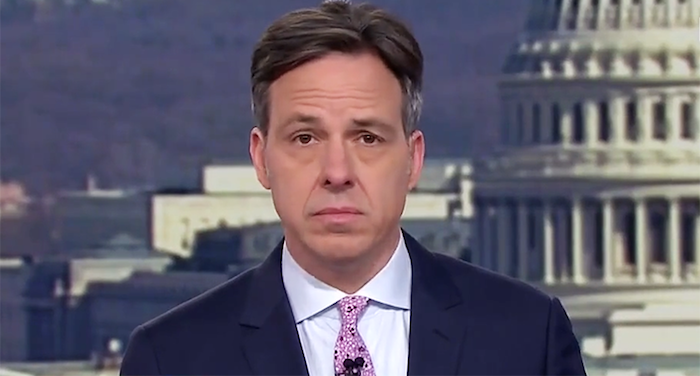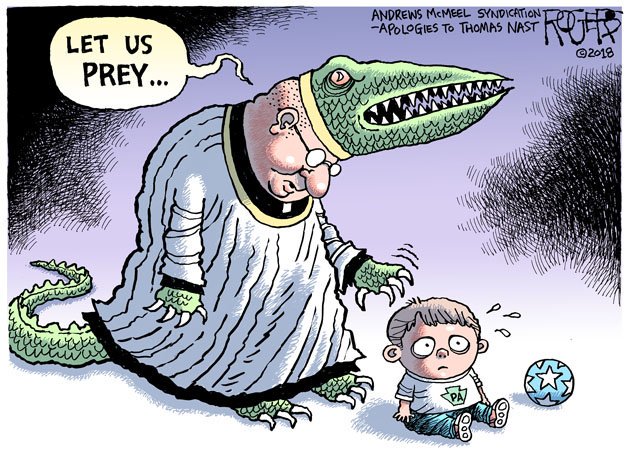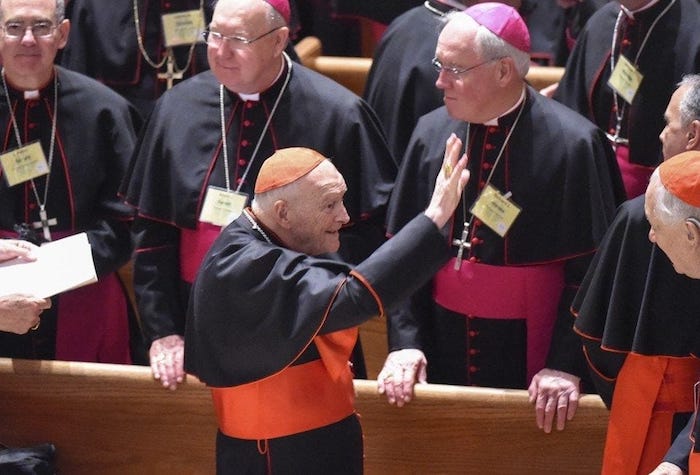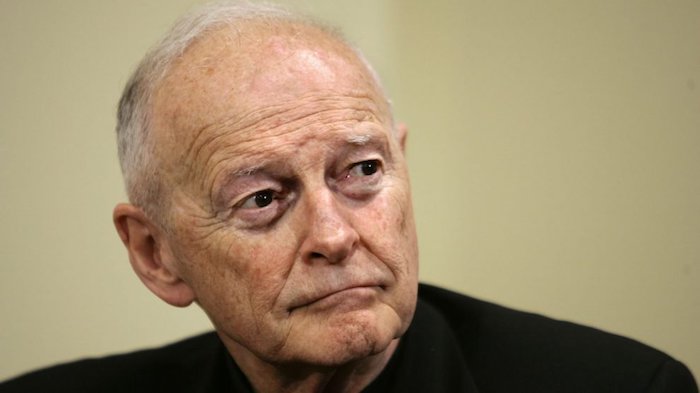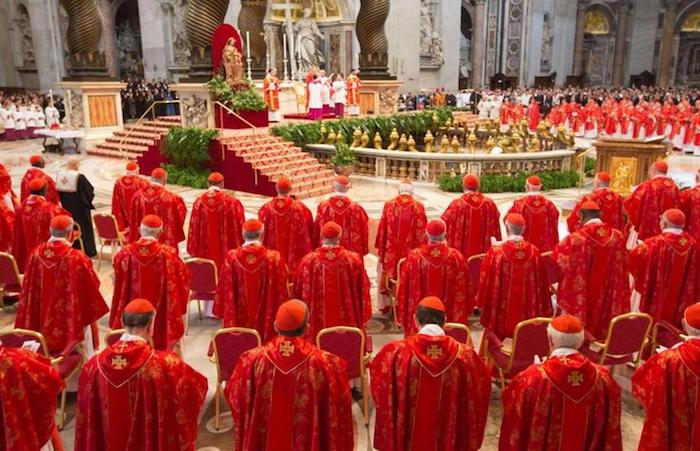
By Margery Eagan
I am part of a dying breed: Catholics who still go to church.
At the rate the Catholic hierarchy is disgracing itself, there’ll soon be none of us left.
How many young people want to join a church that remains oddly obsessed with sex? That says no to gays but yes to bishops who let priests rape little children? That considers birth control a “grave sin,” even among the married?
How many young people want to join a church that still demeans and disrespects women, or half the human race?
The Catholic Church won’t ordain women as priests or even deacons, a sort of priest-lite. Incredibly, the church considers ordaining women one of its worst offenses — but on the exact par with sexually attacking boys and girls.
Women have zero power in church decisions, even those directly affecting them. Instead, hundreds of celibate men get together, by themselves, and decide what women need. Conservative Catholics don’t even want girls to join altar boys serving Mass or have women participate in an annual Easter week feet-washing ritual.
Pope Francis, women’s best hope for reform since the 1960s, nonetheless has a depressingly dated and even juvenile perspective. He has called female theologians “strawberries on the cake,” warned women to become mothers and “not an old maid,” and derided grandmothers as no longer “fertile and vibrant.”
For decades, Catholic women outside the church have trashed these and other absurdities. Earlier this week in Ireland, before Francis’ visit there, former Irish president Mary McAleese again criticized the church she has called the world’s primary “carrier of the virus of misogyny” and “a male bastion of patronizing platitudes.” A church that “regularly criticizes the secular world for its failure to deliver on human rights [but] has almost no culture of critiquing itself.” A church that has “never sought a cure [for this] though a cure is readily available . . . equality.”
McAleese, the mother of a gay son, spoke these words at a conference on women in the church this winter that was originally planned for the Vatican. But the Vatican banned McAleese — a former head of state — from speaking. So the conference was relocated.
I am a fan of Jesuits, an order of smart and typically thoughtful priests. Francis is one. Yet I remember well a Boston College event two years ago marking the selection of the new Jesuit leader. The slide show that night featured picture after picture of men, just men, hundreds and hundreds of men in a massive room — not a woman in sight. Some women in the audience exchanged knowing glances. One raised her hand and asked: What about the women? But not a single Jesuit there, if any noticed at all, remarked on how abnormal, almost ridiculous, this all looked.
I don’t think those Jesuits, or many other bishops and priests, recognize the abnormality, the ridiculousness — perhaps because that’s what the Catholic hierarchy is: men in rooms. All men. Only men. But in light of these endless stories of priests’ sadism, all men and only men seems more than abnormal. It seems diseased.
Catholics get the question all the time: Why stay? Lots of Catholics I know say their faith centers on the radical carpenter who started it all, not on the corrupt institution created and dragged close to ruin — one more time — by men. As one disgusted Catholic put it at Mass last week, she still yearns for a church worthy of Jesus Christ.
Getting there means massive reforms. But a church where men and women share power must be among them. Not that women are perfect, of course. But I have no doubt that Catholic women with power in the church would have saved thousands of children from criminal predators all across Pennsylvania, Boston, America, and much of the world. Here’s what women almost never do: rape children.
Complete Article ↪HERE↩!

